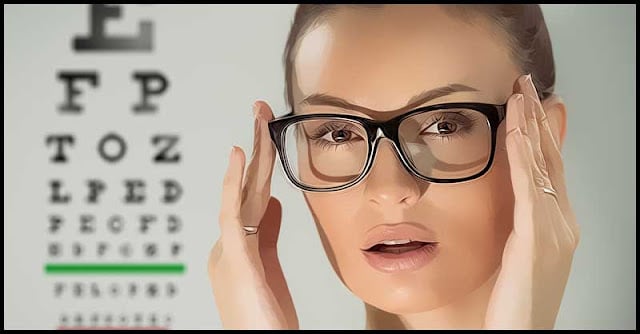We must know that our lifestyle choices can greatly affect our overall health. When it comes to your eye health, there are certain choices that are more advantageous at preventing or delaying the deterioration of your eyesight.
Some of the most common eye diseases are preventable to a certain extent. These include cataracts, glaucoma, dry eye disease, and age-related macular degeneration (ARMD).
Tips To Consider For Better Eye Health
Opt For Red Onions When Cooking
More quercetin is present in red onions. Quercetin is an antioxidant that can help protect the eyes against cataracts.
A Cup Of Blueberries For Breakfast
Blueberries are loaded with antioxidants that protect our eyes. Results of a study published in The Archives of Ophthalmology have shown that consumption of the fruit in large amount can help lower the risk of developing age-related macular degeneration which is the most common cause of blindness among older people.
Eat Some Roasted Fresh Beets
Anthocyanins are photochemical responsible for the deep red color of beets. Aside from this, it is also a powerful antioxidant that guards the smaller blood vessels (such as those found in the eyes) in your body.
Have Spinach Twice A Week
According to studies, spinach is rich in lutein, a nutrient that prevents age-related macular degeneration and cataracts. For best absorption, get your lutein in combination with some form of fat (olive oil works great). You can steam or sauté your spinach in some olive oil with raisins and garlic.
Eat Fish Twice A Week
Due to their richness in omega-3 fatty acids, some types of fish can help lower your risk of dry eye syndrome. Some of their best sources are salmon, mackerel, and sardines.
Sweet Potatoes For Dinner
These sweet spuds are extremely rich in vitamin A, that is needed to improve your vision.
Move Your Computer Screen To Just Below Eye Level
Doing this will enable your eyes to slightly close thereby reducing fluid evaporation and lowers your risk of dry eye syndrome.
Use UV Protection
Researchers have found that there is a direct relationship between exposure to sunlight and the development of cataracts. Wearing sunglasses even when it’s not sunny is recommended in order to protect the eyes from the drying effects of the wind.
Choose Greens For Dinner
Kale and collards, as well as other green veggies, are high in lutein and zeaxanthin which may lower your risk of developing both cataracts and age-related macular degeneration (ARMD). Plus, they also have potent antioxidant properties that can help repair the damages caused by both conditions.
Clean Your Makeup Brushes Regularly
Over time, bacteria accumulate on your old eye makeup and cosmetic brushes. These bacteria may cause styes, infections on the sensitive gland in the eyelids; pinkeye or conjunctivitis. To prevent these from happening, you need to replace your mascara every four to six months and eye shadows every year. Also, you should wash your makeup brushes at least once a month with mild soap and water.
Take Out Your Contacts Before Bed
Don’t forget to take out your contacts before getting to bed or else, you’ll have dry and red eyes the next day.
Rachel J. Bishop, MD, MPH, chief of consultant services at the National Eye Institute and the National Institutes of Health says that:
“Contact lenses make it more difficult for the cornea, the transparent membrane covering the front of the eye, to get oxygen, nutrients, and the lubrication it needs. This causes the eyes to become red, and it may also lead to corneal infection that can eventually lead to vision loss.”
Skip the Falsies
Especially if you have sensitive eyes, fake eyelashes may compromise your eye health. Glue-on artificial eyelashes are like magnets that collect oil and bacteria.
A Brisk Walk
Results of some studies have shown that a regular exercise, like brisk walking 4 times a week for 40 minutes, can reduce the chance of intraocular pressure, or IOP, in people with glaucoma.
Set Your Alarm To Beep Every 30 Minutes When You’re Working Or Reading
This will serve as a reminder that you need to look away from your computer for 30 seconds to prevent eyestrain and eye fatigue.
Regularly Check Your Blood Pressure
In the U.S., diabetes and high blood pressure are the two main causes of blindness. Both of these conditions damage blood vessels. Due to this, checking your blood pressure regularly is advisable.









